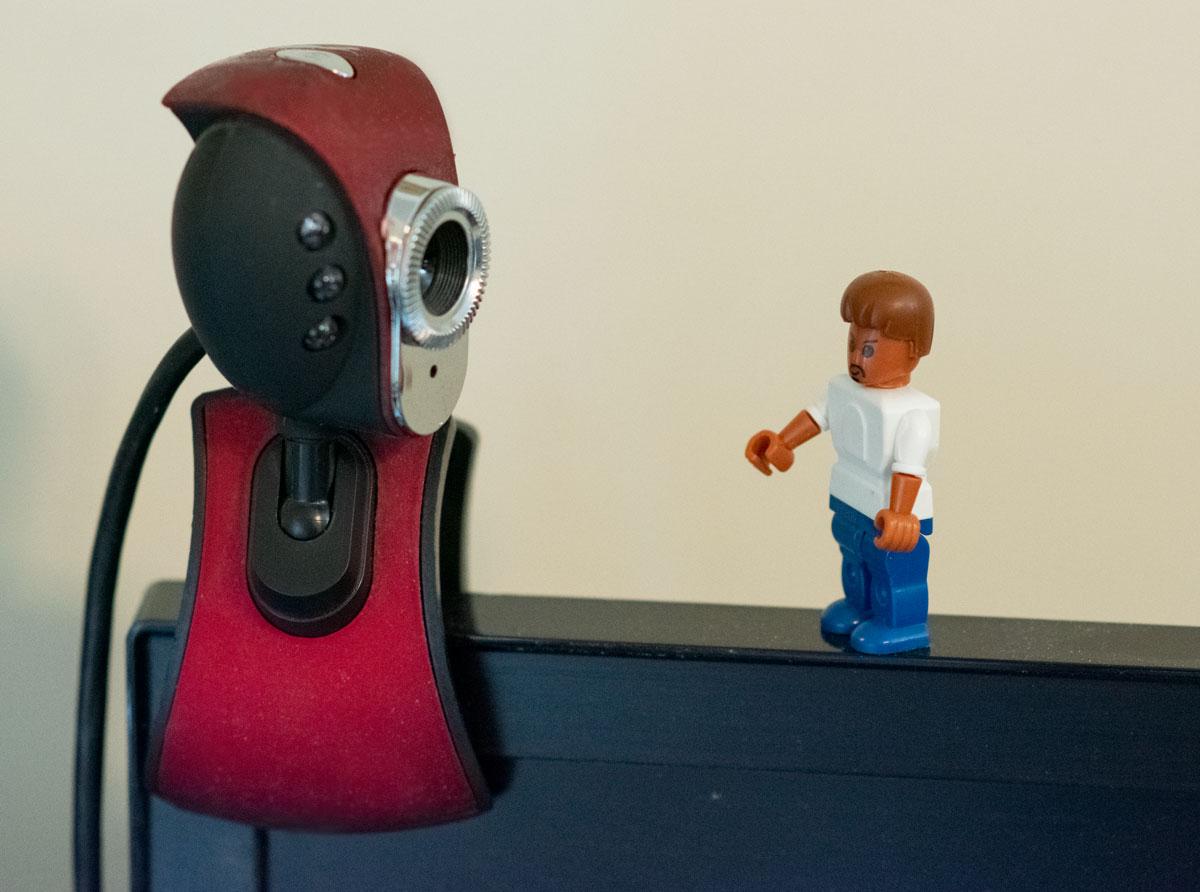Due to restrictions on campus activity in response to COVID-19, many graduate students are having to conduct their dissertation/thesis defense remotely. There have been various sets of advice and tips recently on how to conduct a remote defense, and we have compiled some of them below as a resource for our students:
- Here is the set of guidelines that The Graduate School's Office of Academic Affairs sent to students with upcoming defenses:
- All dissertation, thesis and non-thesis master’s exams and presentations should be by remote participation of the student and the committee. If there is a public component to a defense, such as a seminar, guests must also be remote. We recommend using Zoom meetings.
- Follow OIT’s recommendations for security and privacy in the Zoom meetings that you host or co-host.
- Meeting links for dissertation/thesis seminars and examinations (defenses) should not be shared publicly by the students or faculty.
- Public dissertation seminars should be open only to users within Duke, such as department members and collaborators, and when appropriate, to specific invitees from outside of Duke.
- Exam sessions are open only to the approved committee members and the student.
- Your adviser or another committee member should be the host or co-host for your defense Zoom meetings, so that this person can manage the meeting once it is in progress. You will be busy with more important things!
- Avoid using your Personal Meeting ID (PMI) to host your defense or exam sessions. Learn about meeting IDs and how to generate a random meeting ID (at the 0:27 mark) in this video tutorial.
- This article from Zoom provides information on how the host can utilize the waiting room feature, restrict screen sharing, and manage participants to prevent Zoombombing (disruption of a meeting by an uninvited user).
- Hosts of public facing events should not share Zoom links through social media without first considering the previously listed settings. If you can immediately join a meeting, so can Zoombombers. You can also take precautions like enabling registration and the waiting room.
- For examinations, once all participants have joined your Zoom meeting, the host can lock your meeting to prevent new participants from joining. This setting can be changed by clicking Manage participants > More > Lock Meeting. You can unlock the meeting at any time if you need to allow someone to join your meeting.
- Should a user disrupt your Zoom meeting, the host has the power to remove them: select the More option for the user, then select Remove. If the user continues to rejoin your meeting, go to your Zoom settings and disable the option Allow removed participants to rejoin.
- The Duke OIT website, from which much of this information was adapted, has many helpful resources for using Zoom.
- Newly minted Duke history Ph.D. Ashton Merck created a detailed document outlining how she set up for her remote defense, including tips on camera placement, Zoom setup, and tips for both candidates and committee members.
- Amanda Grittner recently became the first Duke economics Ph.D. candidate to defend her dissertation remotely. She offered some assurances and tips.
- Ph.D. candidate Ceri Weber tweeted insights from her experience battling trolls who disrupted her remote defense.
- From Assistant Dean Melissa Bostrom:
- In the virtual format attendees may talk over each other, so it may work best for attendees to submit questions in the chat or use the "raise hand" icon to be recognized; then the committee chair can call on people to ask questions and share feedback.
- If the student allows the committee chair to serve as host of the Zoom meeting (you can hand off hosting), then the chair can assign the student to a breakout room alone while the committee confers. When the committee has reached a decision, the host can use the option to close all breakout rooms and automatically bring the student back into the main meeting within 60 seconds. Students in breakout rooms have no access to anything still happening in the main meeting.
- See The Graduate School's revised policy on defenses and examinations.

